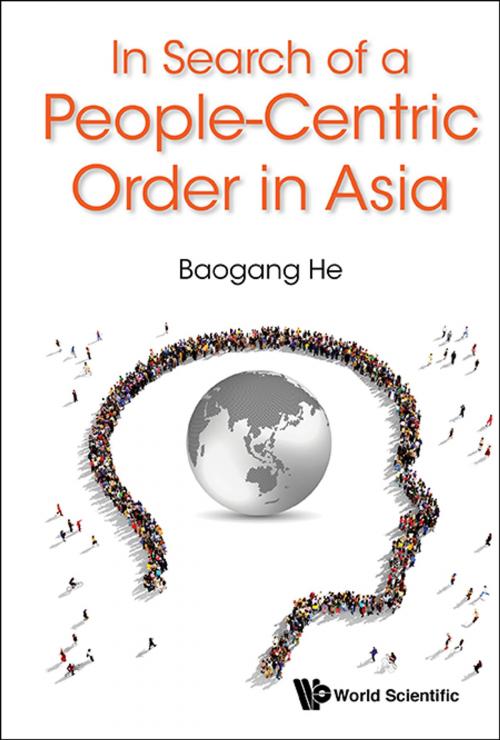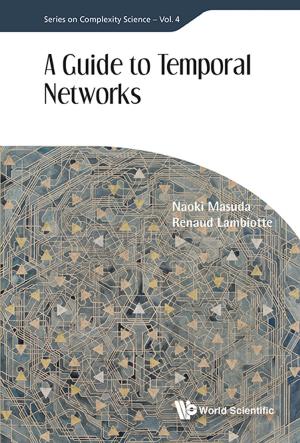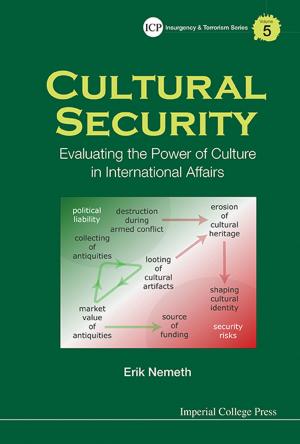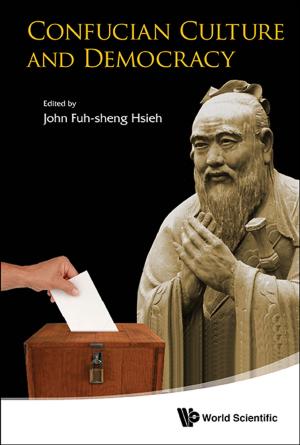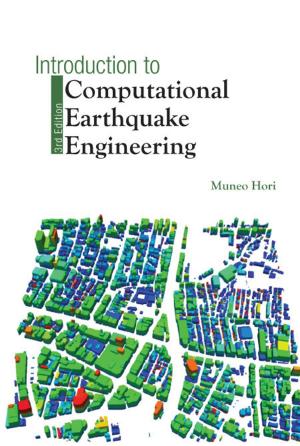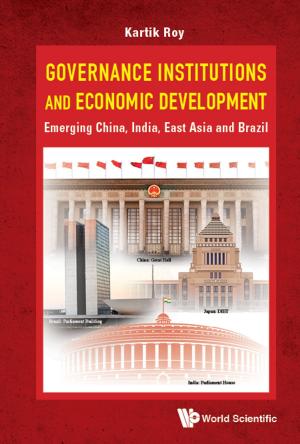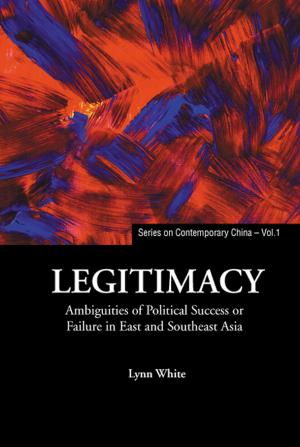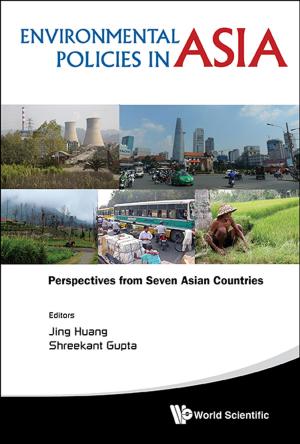In Search of a People-Centric Order in Asia
Nonfiction, Social & Cultural Studies, Political Science, International, International Relations| Author: | Baogang He | ISBN: | 9789813109780 |
| Publisher: | World Scientific Publishing Company | Publication: | September 14, 2016 |
| Imprint: | WSPC | Language: | English |
| Author: | Baogang He |
| ISBN: | 9789813109780 |
| Publisher: | World Scientific Publishing Company |
| Publication: | September 14, 2016 |
| Imprint: | WSPC |
| Language: | English |
The order of international relations in Asia is predominantly state-centric. It is one based primarily on absolute national sovereignty, exclusive national identity and patriotic national citizenship. This sovereignty-based or state-centered order, however, has been challenged and progressively undermined by a people-centric order that is governed by ideals of global citizenship and principles of global justice. In this people-centric order, the emergence of a new form of politics in which citizens are empowered by various non-governmental organizations that serve to define and influence world politics is envisaged. Clearly, such an order clashes with the prevailing Asian national sovereignty-based model.
This book provides a systematic descriptive, explanatory and normative analysis of the clash of normative orders in Asia, and develops an analysis of Asian responses to the challenge posed by a more diffuse people-centric order and the implications this may have for global justice.
The book aims to study two paradigms of political order — a national statist sovereignty-based order and a people-centric order, analyze the conflict between two diverse political paradigms within an Asian setting, and assess the various challenges a people-centric order poses for a sovereignty-based order. It also aims to address the paucity of Asian normative thinking through a synthesis of intellectual sources and normative theories. It applies, tests, revises and develops Western normative theories of the people-centric order.
It is a must read for students and researchers who are interested in the theoretical debates — especially Asian voices — on normative issues in Asia.
Contents:
-
About the Author
-
Acknowledgments
-
Introduction
-
Popular Sovereignty:
- Challenges to Sovereignty
- Referenda and the National Identity/Boundary Question
- Transnational Civil Society and the National Identity Question
-
Cosmopolitanism:
- Cosmopolitan Democracy and the National Identity Question
- The Variety of Cosmopolitanism in Europe and Asia and Their Cosmopolitan Engagement (with Gerard Delanty)
- Cosmopolitan Citizenship and Transnational Activism
- An Empirical World of Cosmopolitan Asia (with Kevin Brown)
-
Global Justice:
- Theories of Global Justice: West and Asia in Comparison
- Global Justice and Civilizational/Cultural Equality
- Global Social Justice at the WTO? (with Hannah Murphy-Gregory)
- Global Justice and Indigenous Rights
- Conclusion: Towards a People-Centric Order and Global Justice
Readership: Students and researchers who are interested in the theoretical debates on normative issues in Asia, especially voices from Asia in the debates.
Key Features:
- No book covers the themes of this book yet
- The book will close the gap between normative theories and Asian area studies by inviting the Western normative thinkers to move down to earth and encouraging Asian scholars to move up to incorporate idealist issues into Asian and global affairs
- The book will facilitate dialogues between normative theories and area studies on how a people-centric order could be introduced into Asia
- The book will provide an intellectual source for Asian education programs for global leadership or global citizenship
The order of international relations in Asia is predominantly state-centric. It is one based primarily on absolute national sovereignty, exclusive national identity and patriotic national citizenship. This sovereignty-based or state-centered order, however, has been challenged and progressively undermined by a people-centric order that is governed by ideals of global citizenship and principles of global justice. In this people-centric order, the emergence of a new form of politics in which citizens are empowered by various non-governmental organizations that serve to define and influence world politics is envisaged. Clearly, such an order clashes with the prevailing Asian national sovereignty-based model.
This book provides a systematic descriptive, explanatory and normative analysis of the clash of normative orders in Asia, and develops an analysis of Asian responses to the challenge posed by a more diffuse people-centric order and the implications this may have for global justice.
The book aims to study two paradigms of political order — a national statist sovereignty-based order and a people-centric order, analyze the conflict between two diverse political paradigms within an Asian setting, and assess the various challenges a people-centric order poses for a sovereignty-based order. It also aims to address the paucity of Asian normative thinking through a synthesis of intellectual sources and normative theories. It applies, tests, revises and develops Western normative theories of the people-centric order.
It is a must read for students and researchers who are interested in the theoretical debates — especially Asian voices — on normative issues in Asia.
Contents:
-
About the Author
-
Acknowledgments
-
Introduction
-
Popular Sovereignty:
- Challenges to Sovereignty
- Referenda and the National Identity/Boundary Question
- Transnational Civil Society and the National Identity Question
-
Cosmopolitanism:
- Cosmopolitan Democracy and the National Identity Question
- The Variety of Cosmopolitanism in Europe and Asia and Their Cosmopolitan Engagement (with Gerard Delanty)
- Cosmopolitan Citizenship and Transnational Activism
- An Empirical World of Cosmopolitan Asia (with Kevin Brown)
-
Global Justice:
- Theories of Global Justice: West and Asia in Comparison
- Global Justice and Civilizational/Cultural Equality
- Global Social Justice at the WTO? (with Hannah Murphy-Gregory)
- Global Justice and Indigenous Rights
- Conclusion: Towards a People-Centric Order and Global Justice
Readership: Students and researchers who are interested in the theoretical debates on normative issues in Asia, especially voices from Asia in the debates.
Key Features:
- No book covers the themes of this book yet
- The book will close the gap between normative theories and Asian area studies by inviting the Western normative thinkers to move down to earth and encouraging Asian scholars to move up to incorporate idealist issues into Asian and global affairs
- The book will facilitate dialogues between normative theories and area studies on how a people-centric order could be introduced into Asia
- The book will provide an intellectual source for Asian education programs for global leadership or global citizenship
